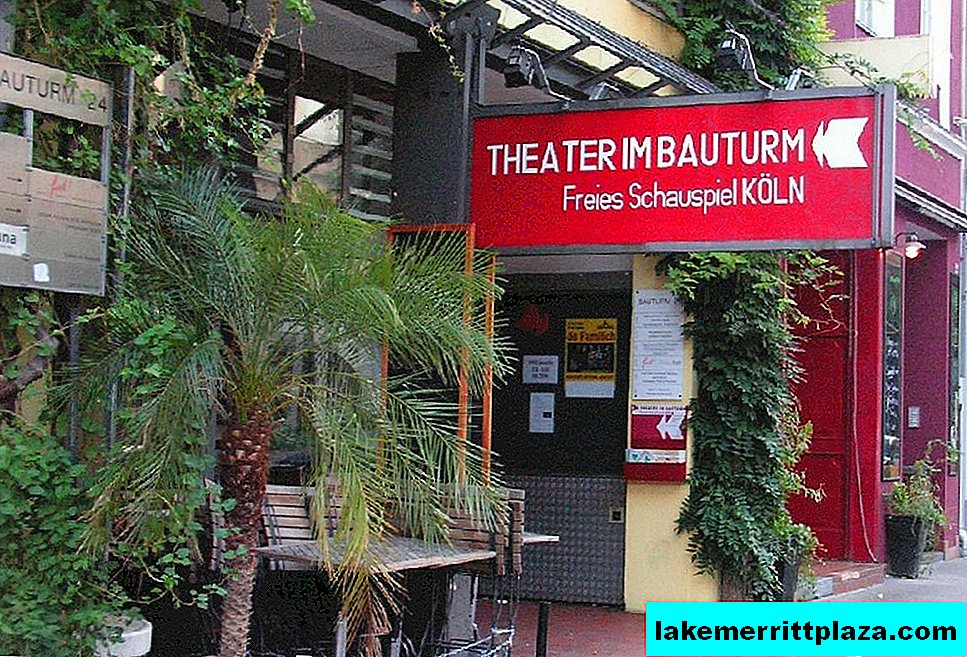An ancient tradition and a gesture of goodwill. The day of paid cup of coffee in Italy is celebrated on December 10.
An ancient custom was born in the mid-nineteenth century. In Naples, for example, “suspended” (caffé sospeso) was called coffee, which was bought by the wealthier by the poorer citizens in bars. This was done, in accordance with the Neapolitan tradition, in order to provide even the most unsuccessful people the opportunity to appreciate the taste of real espresso.

However, then came the era of the economic boom and general welfare, and the tradition of “suspended” coffee was forgotten. Until today. Due to the crisis, the custom to pay coffee to those who cannot afford it has returned. Moreover, in 2011, a whole national movement emerged, the Hanging Coffee Network, which today has about sixty bars, festivals and associations supporting the initiative, from Trieste to Lampedusa. And this is not to mention the examples in Spain, Sweden and Brazil.

How it works? Very simple. "In places that provide this opportunity, anyone can leave a paid cup of coffee. Administrators write down on a special board how many cups can be sold, and erase the inscriptions when someone takes this coffee," explains Chiara Sasso, president of the Hanging Coffee Network. “The goal,” she continues, “is to encourage the mutual exchange of food and other essential goods. Today, this practice is becoming increasingly important. We are trying to maximize our project and hope that every day the number of bars and events with” suspended "coffee will grow."

Including for this reason today, December 10th, simultaneously with International Human Rights Day, is celebrated for the third time Suspended Coffee Day. A wide variety of events held throughout Italy include: presenting reports, musical and artistic performances, showing short films and tasting sweets, wonderfully in harmony with italian coffeewhich will certainly be "suspended".

It should be said that many famous people were noticed in the ranks of the Network. From the popular Italian TV presenter Luca Mercalli and the outstanding actress Franca Rame to the mayor of Naples, Luigi de Magritis. All of them advocated the idea of "suspended" coffee. After all, this is not just a cup of coffee, but a gesture of goodwill. Which is accompanied - why not? - kind smile.








